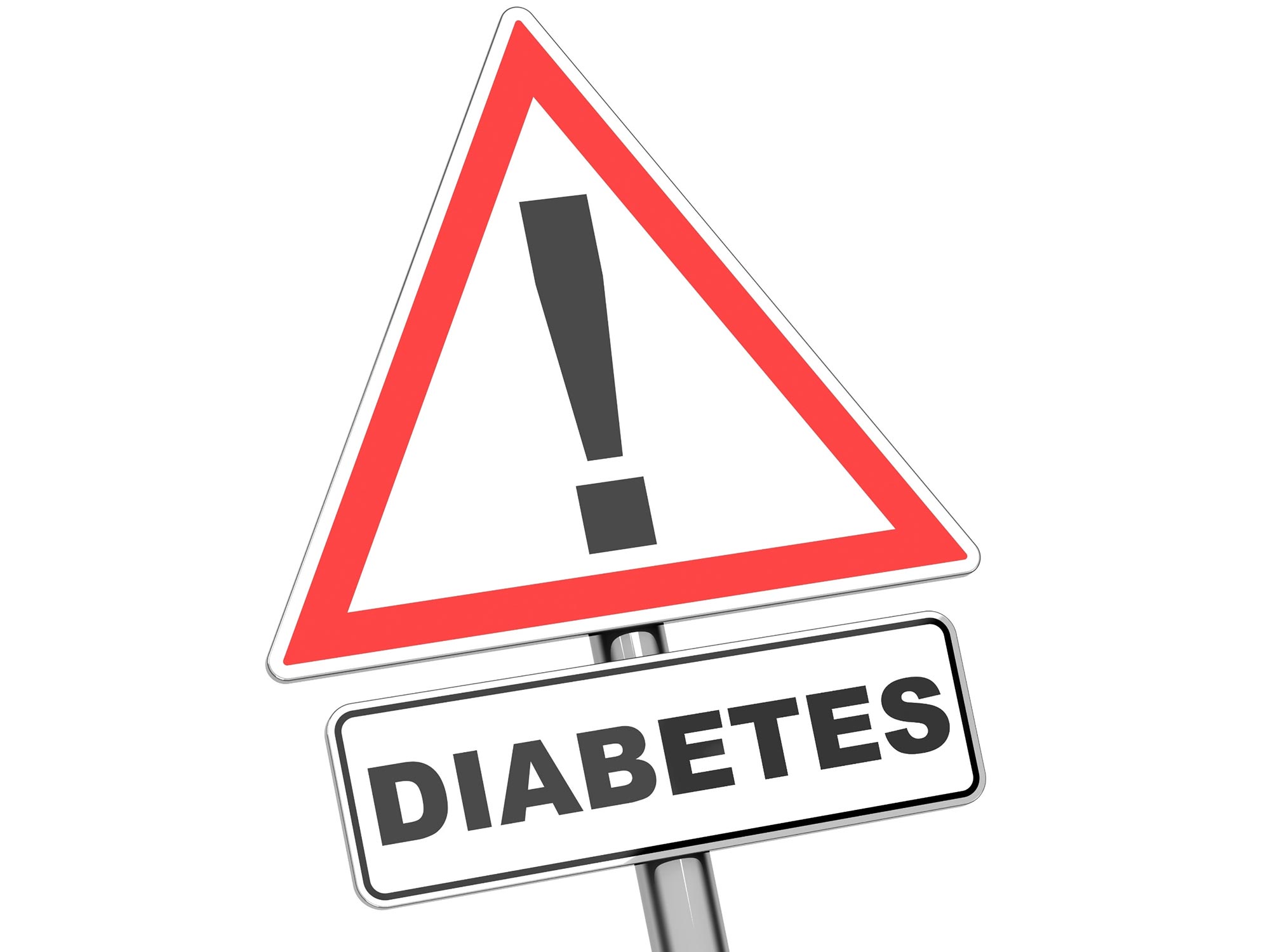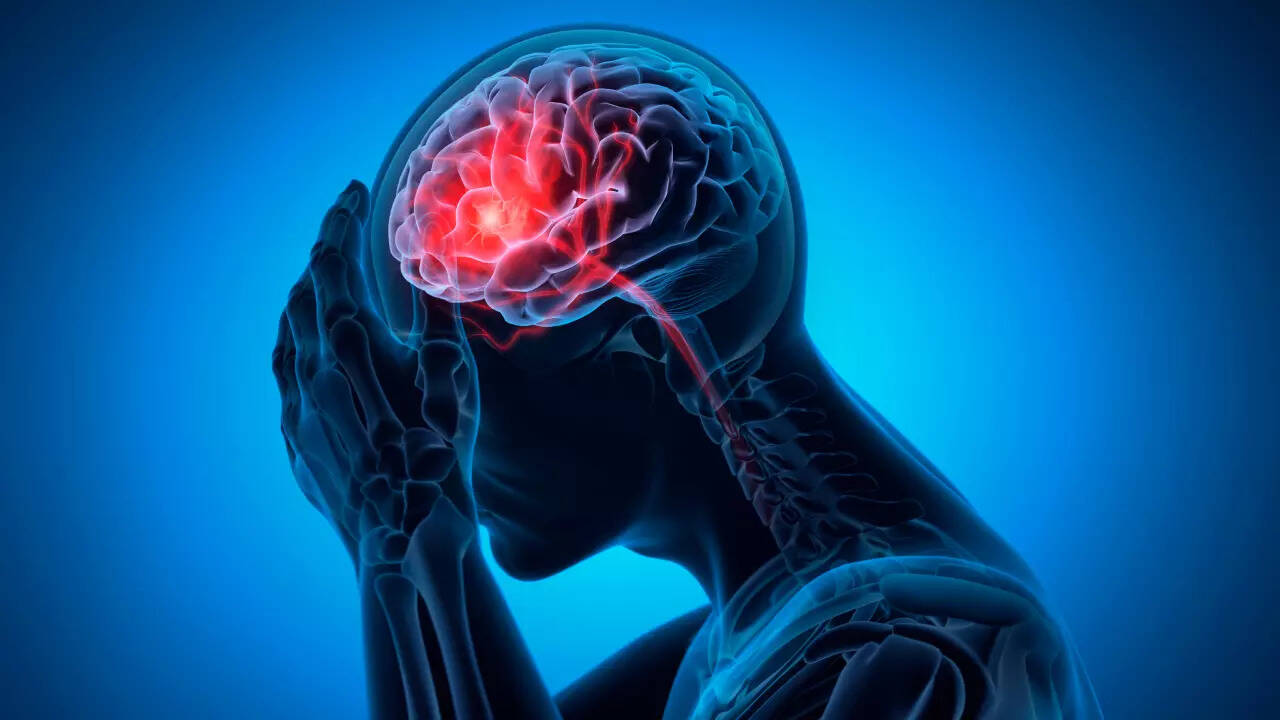Moderate Exercise Boosts Neurocognition in Older Adults, Study Finds
A new study published in Age and Ageing found that even short bursts of moderate-to-vigorous physical activity can improve processing speed, working memory, and executive function in older adults. The study used data from the IGNITE trial and informed the ongoing FLAME study. Experts emphasize the importance of physical activity for brain health as people age.

 SciTechDaily
SciTechDaily
 MedicalNewsToday
MedicalNewsToday
 SciTechDaily
SciTechDaily
 AdventHealth
AdventHealth
AI Identifies Chronic Pain Risk via Gut Microbiome with High Accuracy
A new study demonstrates that AI can accurately identify CRPS by analyzing gut microbiome patterns, even in patients whose symptoms have disappeared after amputation. The findings suggest that the microbiome may predispose certain individuals to develop CRPS, potentially leading to earlier and more accurate diagnosis of chronic pain conditions.

 Neuroscience News
Neuroscience News
South Carolina Woman Forced to Carry Dead Fetus Due to Abortion Law
A South Carolina woman, Elisabeth Weber, faced the agonizing ordeal of carrying a dead fetus for weeks due to the state's stringent abortion laws. This case highlights the challenges and emotional distress women endure under restrictive abortion policies, raising concerns about women's health, medical discretion, and the unintended consequences of such legislation in the US.

 Common Dreams
Common Dreams
 Times of India
Times of India
 People.com
People.com
 HerZindagi
HerZindagi
CGM Wearables Detect Early Diabetes Risk More Accurately Than Blood Tests: Study
A recent study by the University of Tokyo reveals that continuous glucose monitoring (CGM) devices, coupled with advanced algorithms, can detect early diabetes risk with greater precision compared to traditional blood tests. This non-invasive approach tracks glucose fluctuations in real-time, offering a more comprehensive view of glucose regulation and potentially enabling earlier preventative interventions.

 SciTechDaily
SciTechDaily
 The Spokesman-Review
The Spokesman-Review
 Diabetes in Control
Diabetes in Control
 Interesting Engineering
Interesting Engineering
DEHP Plastic Chemical Linked to Hundreds of Thousands of Heart Disease Deaths
A recent study published in The Lancet eBioMedicine reveals a significant correlation between exposure to DEHP, a chemical used to soften plastics, and cardiovascular deaths. The study estimates that nearly 350,000 deaths in 2018 were attributable to DEHP exposure, with disproportionately high mortality rates observed in the Middle East and South Asia due to regional disparities.

 SciTechDaily
SciTechDaily
 Honolulu Civil Beat
Honolulu Civil Beat
 KTBS
KTBS
 Physician's Weekly
Physician's Weekly
Phthalates in Plastics Linked to Hundreds of Thousands of Heart Disease Deaths
A recent study published in eBioMedicine reveals a link between phthalate exposure and a significant number of heart disease deaths worldwide. The study estimates that phthalates contributed to over 350,000 deaths in 2018, especially impacting individuals aged 55-64. The findings underscore the need for global regulations to reduce exposure to these chemicals, particularly in rapidly industrializing countries.

 SciTechDaily
SciTechDaily
 The New York Times
The New York Times
 The Washington Post
The Washington Post
 People.com
People.com
Metformin Shows Promise as Colon Cancer Supplement in Early Research
Research presented at the American Association for Cancer Research conference explores metformin's potential as a supplemental treatment for colon cancer. The study investigates how metformin interacts with colon cancer cells, particularly those with a mutated KRAS gene. While early, findings suggest it could inhibit cancer cell growth by altering energy usage, but requires further animal testing before human trials.

 businessinsider.com
businessinsider.com
Excessive Sleepiness in Older Adults: A Potential Early Warning Sign for Dementia
A recent study published in Neurology suggests that significant increases in sleepiness and napping among older women may serve as an early warning sign for dementia. The research, which tracked the sleep patterns of 733 women in their 80s, found a correlation between increased sleepiness and a higher risk of developing mild cognitive impairment and dementia.

 Women's Health
Women's Health
Limit Added Sugars to Reduce Stroke Risk: Dietitians' Advice for Heart Health
This article discusses the link between consuming excessive added sugars and an increased risk of stroke. It explains how high sugar intake can lead to inflammation, elevated blood sugar levels, and increased cholesterol, all of which contribute to stroke risk. The article also provides dietary recommendations, including increasing fiber, omega-3 fatty acids, and potassium intake, while reducing sodium consumption.

 EatingWell
EatingWell
Limit Added Sugar to Reduce Stroke Risk: Dietitians Highlight Key Nutrients
This article discusses the connection between consuming too much added sugar and an increased risk of stroke. It details how sugary foods can trigger inflammation, raise blood sugar levels, and contribute to unhealthy cholesterol levels. The article also provides dietary recommendations, including increasing fiber, omega-3 fatty acids, and potassium intake, while reducing sodium consumption.

 EatingWell
EatingWell
Microplastics Exposure: Research Links to Health Risks, Mitigation Strategies Emerge
This article synthesizes recent findings on the health impacts of microplastics, focusing on their presence in our environment, bodies, and potential links to diseases. It highlights research on how microplastics affect various organs, including the brain, and offers practical steps individuals can take to minimize their exposure, such as modifying consumption habits and food preparation techniques.

 AOL.com
AOL.com
 The New York Times
The New York Times
 Yahoo
Yahoo
 New Scientist
New Scientist
Microplastic Exposure: Health Risks, Brain Impacts, and Reduction Strategies
This article synthesizes recent findings regarding microplastic and nanoplastic exposure, highlighting potential health risks such as cellular aging, neurological effects, and increased risk of heart issues. It consolidates information on how these particles enter the body and offers actionable strategies, like reducing plastic use and proper food storage, to minimize human exposure based on expert recommendations and scientific studies.

 AOL.com
AOL.com
 The New York Times
The New York Times
 Yahoo
Yahoo
 New Scientist
New Scientist
Insula Rewiring Linked to Speech-in-Noise Difficulties and Dementia Risk
University at Buffalo researchers have identified that the insula, a brain region, shows significant changes in people who struggle with speech in noise. The study, published in Brain and Language, uses resting-state MRI to reveal stronger insula connectivity with auditory regions, even at rest. This may explain links between hearing loss and cognitive decline, suggesting potential therapeutic interventions through brain training.

 Neuroscience News
Neuroscience News
Young Woman Recalls Dismissed Stroke Symptoms, Highlighting the Importance of Awareness
Aubrey Hasley, a 23-year-old, shares her story of experiencing a stroke at 22 after her initial symptoms were dismissed as vertigo. The article emphasizes the importance of recognizing stroke symptoms, even in young people, and highlights the increasing trend of strokes among young females. Hasley's experience as a future healthcare provider is also explored.

 TODAY.com
TODAY.com
Study Links Marijuana Use to DNA Changes: Epigenetic Markers Identified
A 20-year study tracked over 1,000 adults and found a link between marijuana use and changes in DNA methylation, which affects how genes work. The study identified specific epigenetic markers associated with cannabis use, some of which are linked to mental health conditions. Further research is needed to confirm the direct link and potential health impacts.

 Earth.com
Earth.com
Diet Shapes Puberty Onset in Girls: Nutrient-Rich Diets Delay Menarche
A recent study indicates that a girl's diet has a significant influence on when she begins puberty. Consuming nutrient-rich diets can delay the start of menstruation, while diets with inflammatory foods can accelerate it. The research suggests that dietary patterns have a stronger influence on the timing of menarche than factors like BMI or height.

 Earth.com
Earth.com
Healthy Diet May Delay Early Puberty in Girls, Reducing Later Cancer Risk
A new study indicates that a healthier diet during childhood may delay the onset of puberty in girls, regardless of their BMI. This delay may reduce the risk of chronic diseases like breast cancer, heart disease, and diabetes later in life. The study emphasizes the importance of healthy eating habits for children and adolescents.

 Earth.com
Earth.com
 CNN
CNN
 NBC News
NBC News
 Daily Mail
Daily Mail
Stroke Awareness: Recognizing Symptoms, Risk Factors, and Importance of Quick Action
The news highlights Stroke Awareness Month, emphasizing the need to recognize stroke symptoms using the 'Be Fast' acronym (Balance, Eyes, Face, Arm, Speech, Time). It discusses ischemic and hemorrhagic strokes, modifiable and non-modifiable risk factors, stress management, and the importance of calling 911 for rapid hospital preparation. The southeastern US is identified as a high-risk 'stroke belt'.

 Times of India
Times of India
 County 10
County 10
 WCCB Charlotte
WCCB Charlotte
 KSNB
KSNB
Recognizing Stroke Symptoms: FAST Acronym, Prevention, and the Importance of Timely Action
The article synthesizes information from multiple sources about strokes, emphasizing the importance of recognizing symptoms quickly using the FAST acronym. It details preventable measures such as monitoring blood pressure, staying active, and avoiding smoking. The piece underscores the urgency of seeking immediate medical attention, highlighting that rapid treatment significantly improves recovery chances and minimizes long-term disability.

 Times of India
Times of India
 LocalNews1.org
LocalNews1.org
 KRQE
KRQE
 WTOC
WTOC
Far-UVC Lamps: New Laser Device Could Prevent Future Pandemics, Airborne Diseases
A new laser-based far-UVC technology developed by Uviquity promises to be a more cost-effective and scalable solution for disinfecting air and preventing the spread of airborne diseases like COVID-19 and influenza. The technology utilizes blue lasers and aluminum nitride crystals to produce safe and effective far-UVC light, potentially revolutionizing public health measures in indoor spaces.

 vox.com
vox.com









